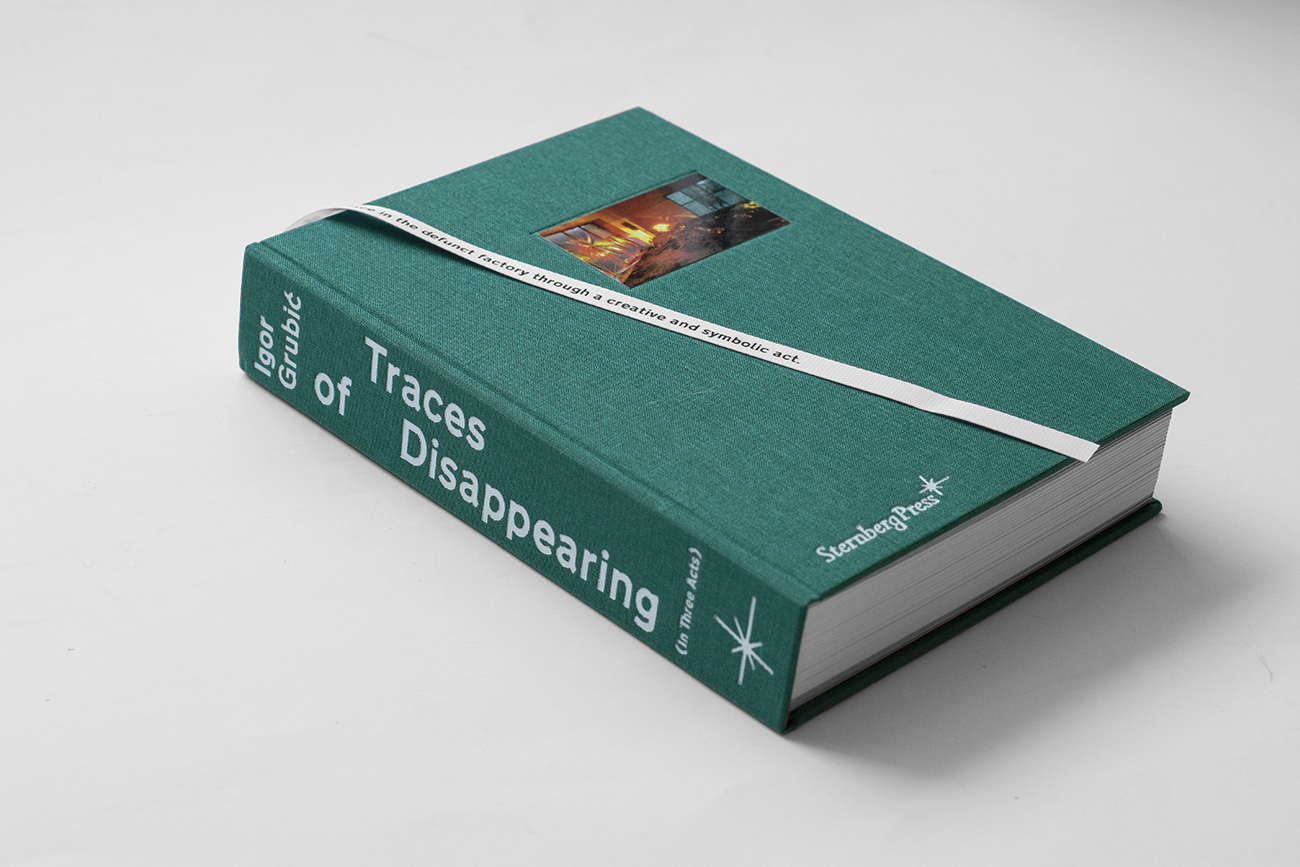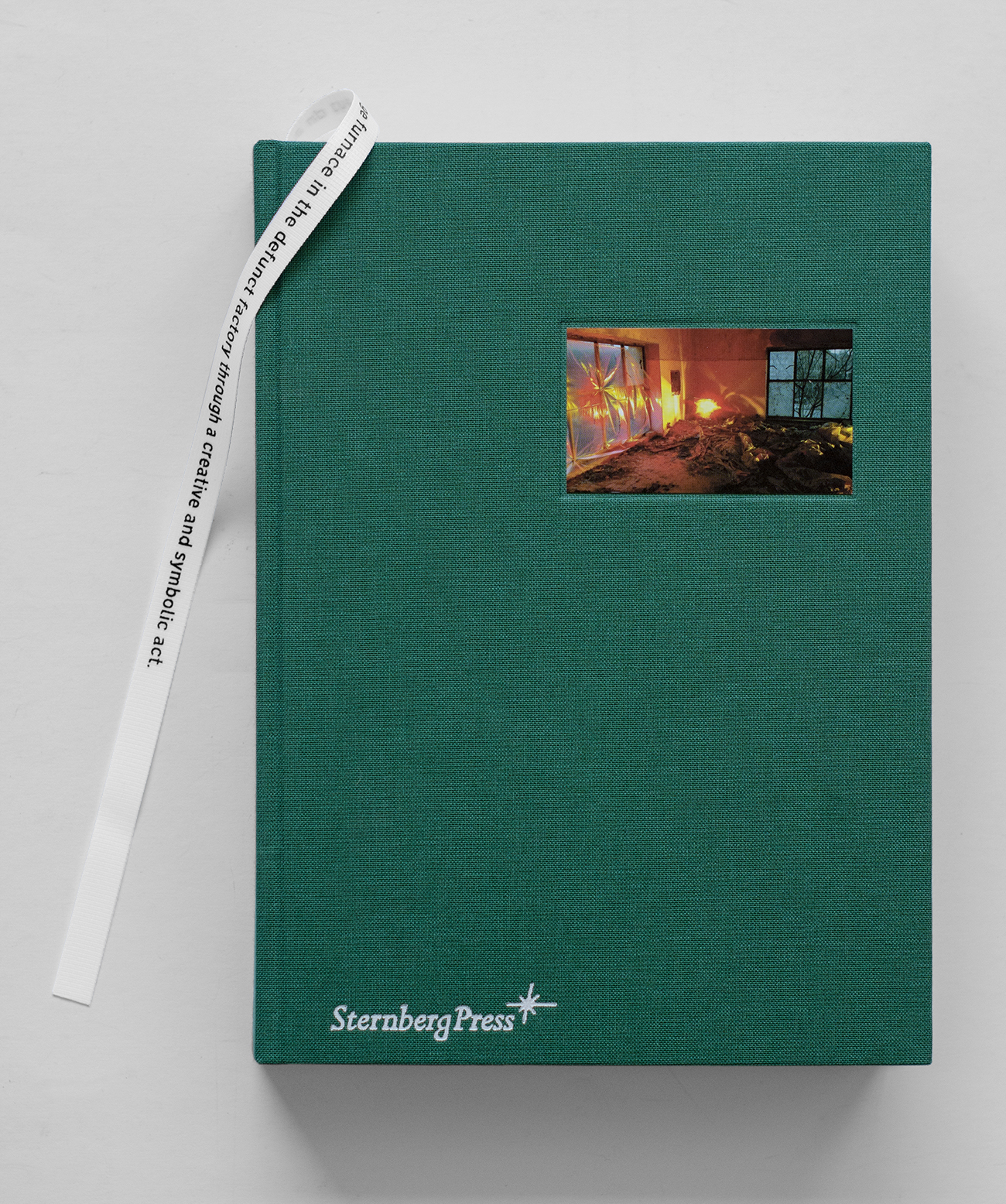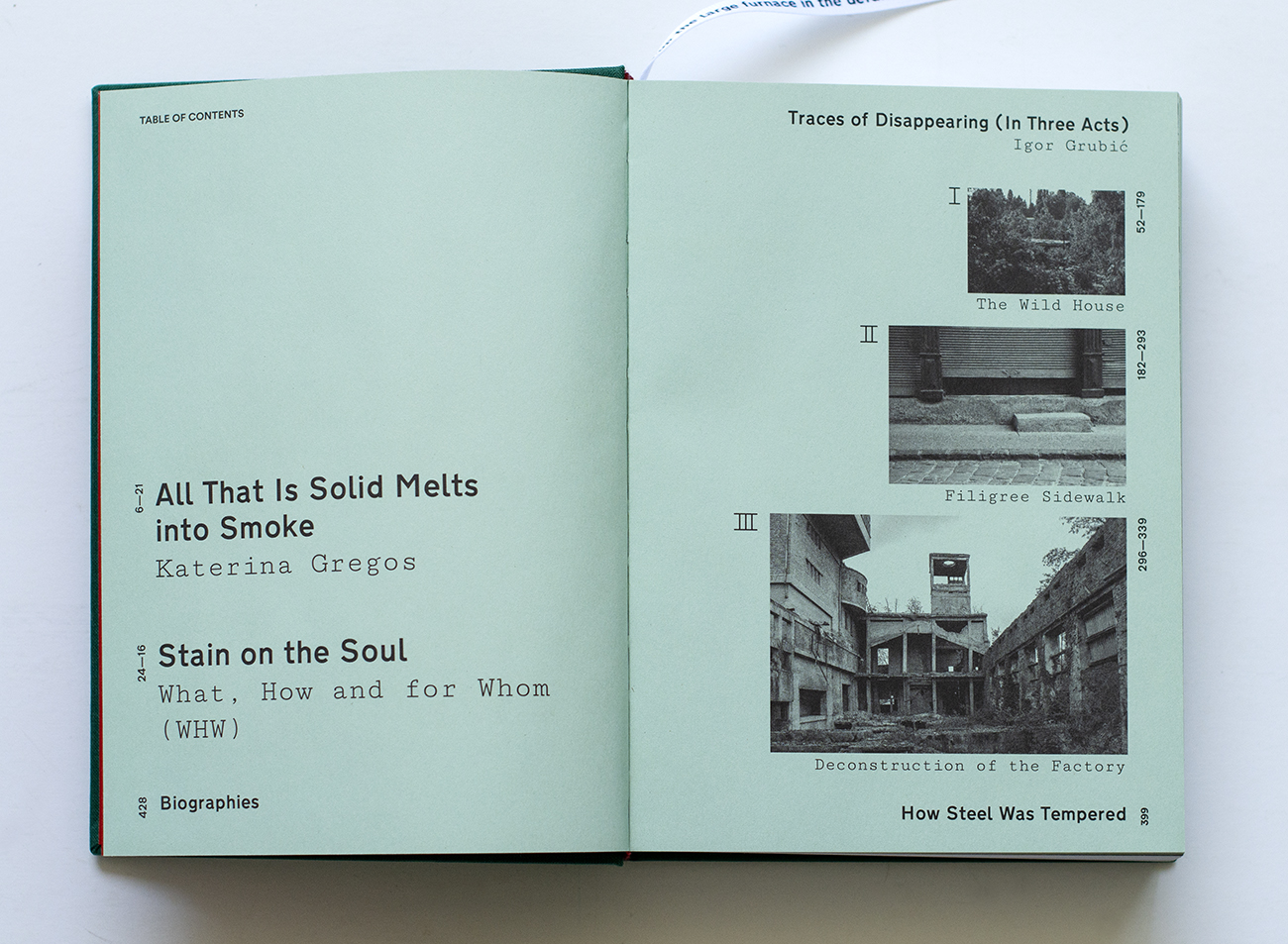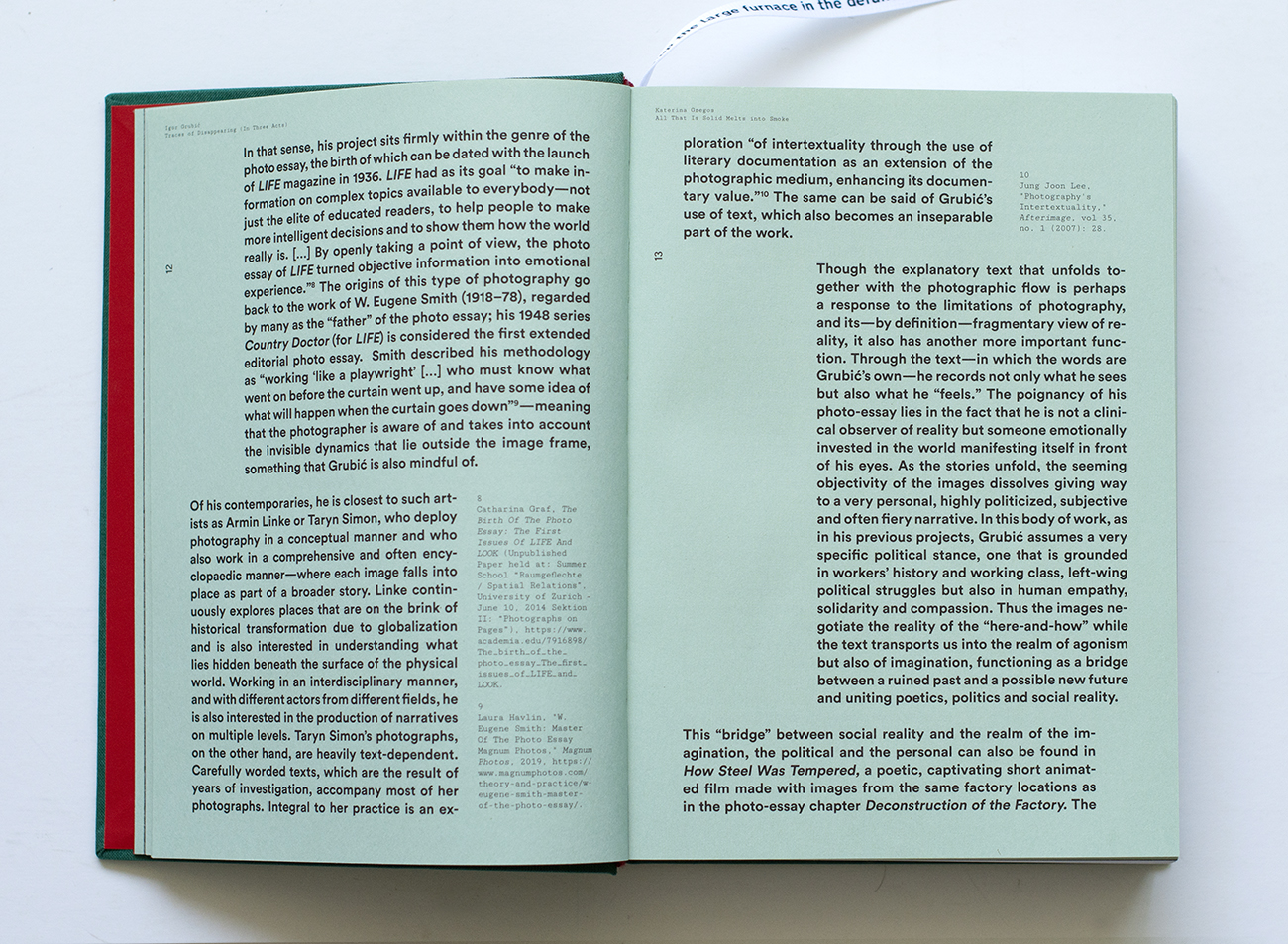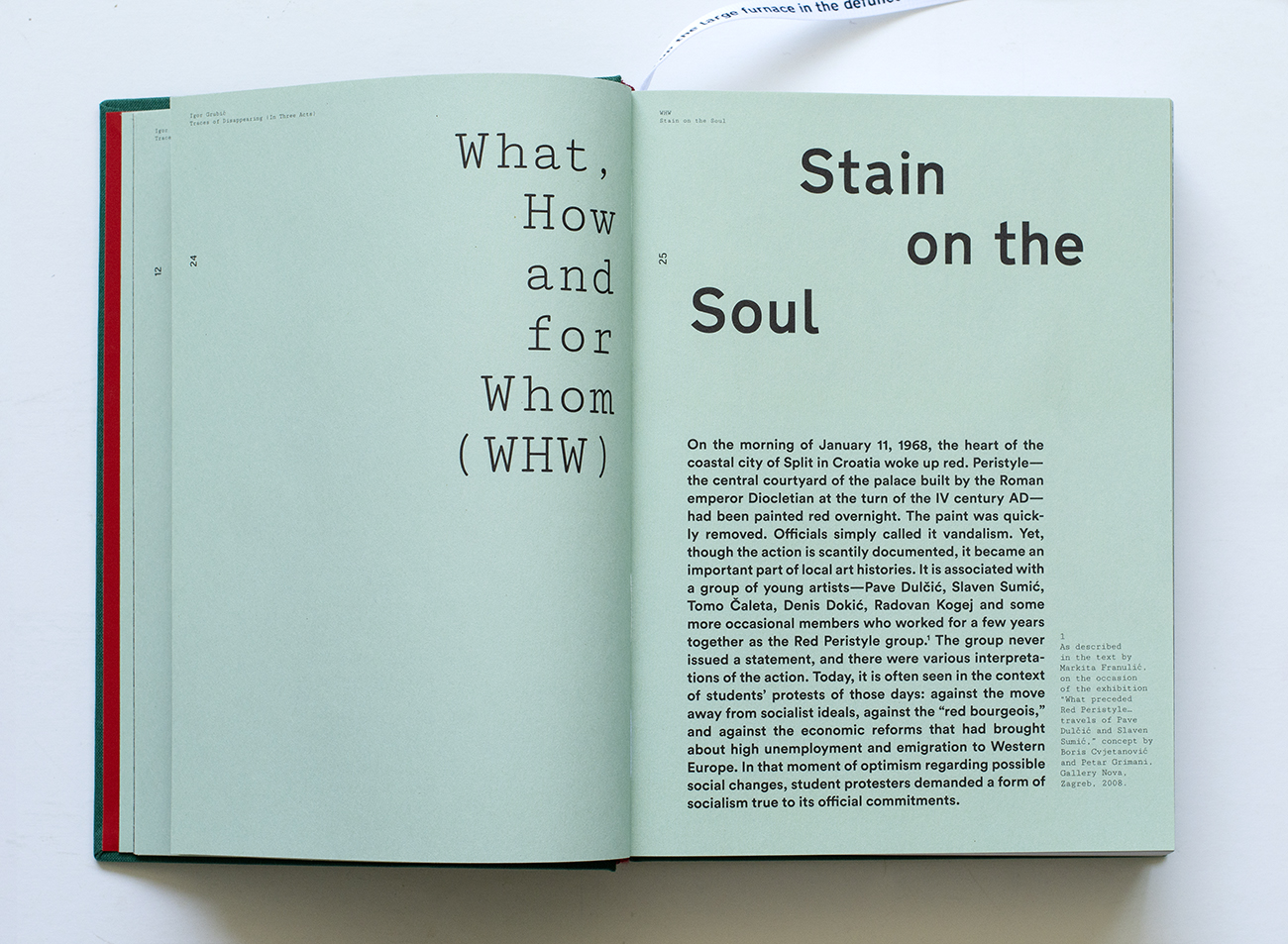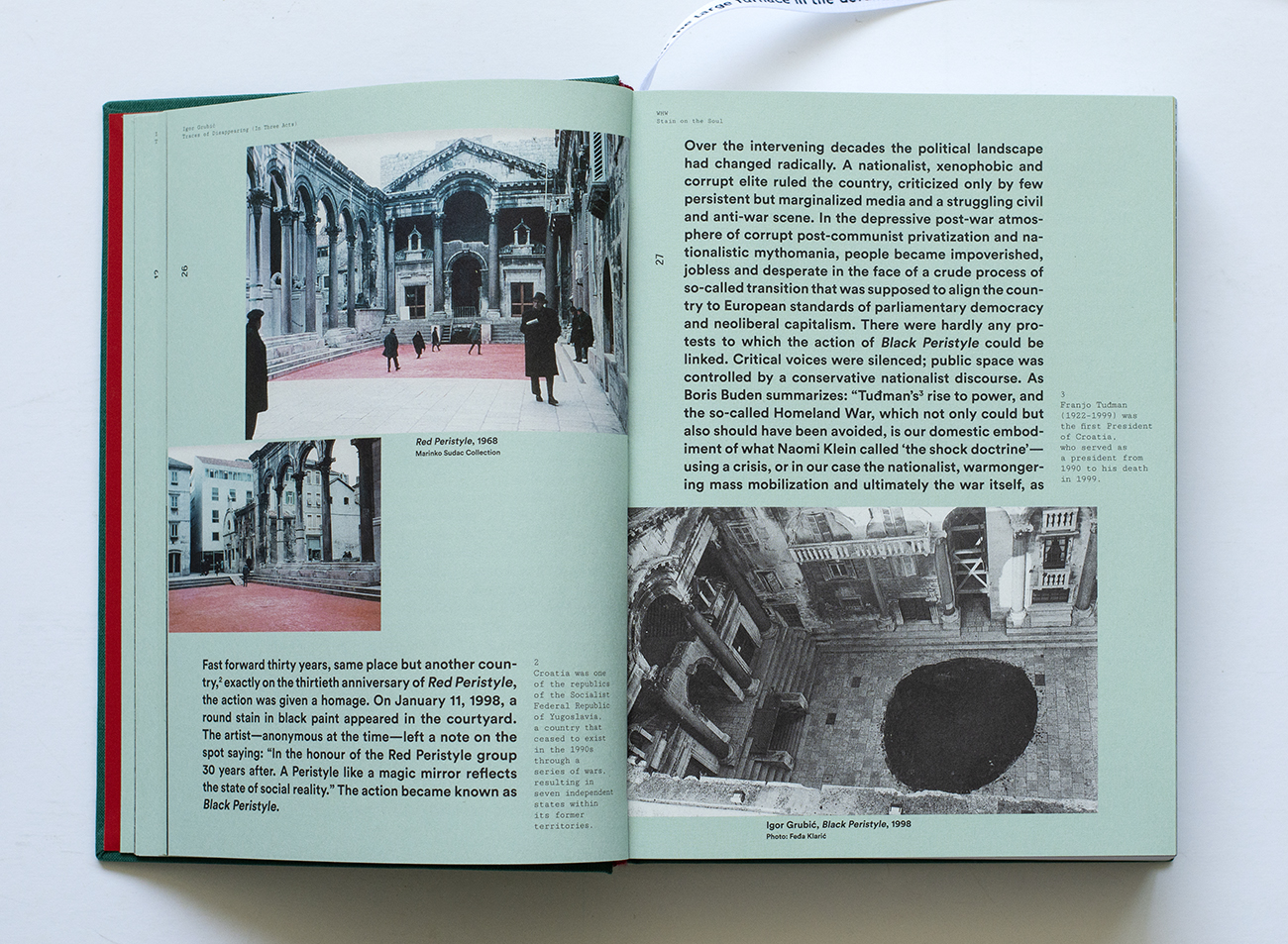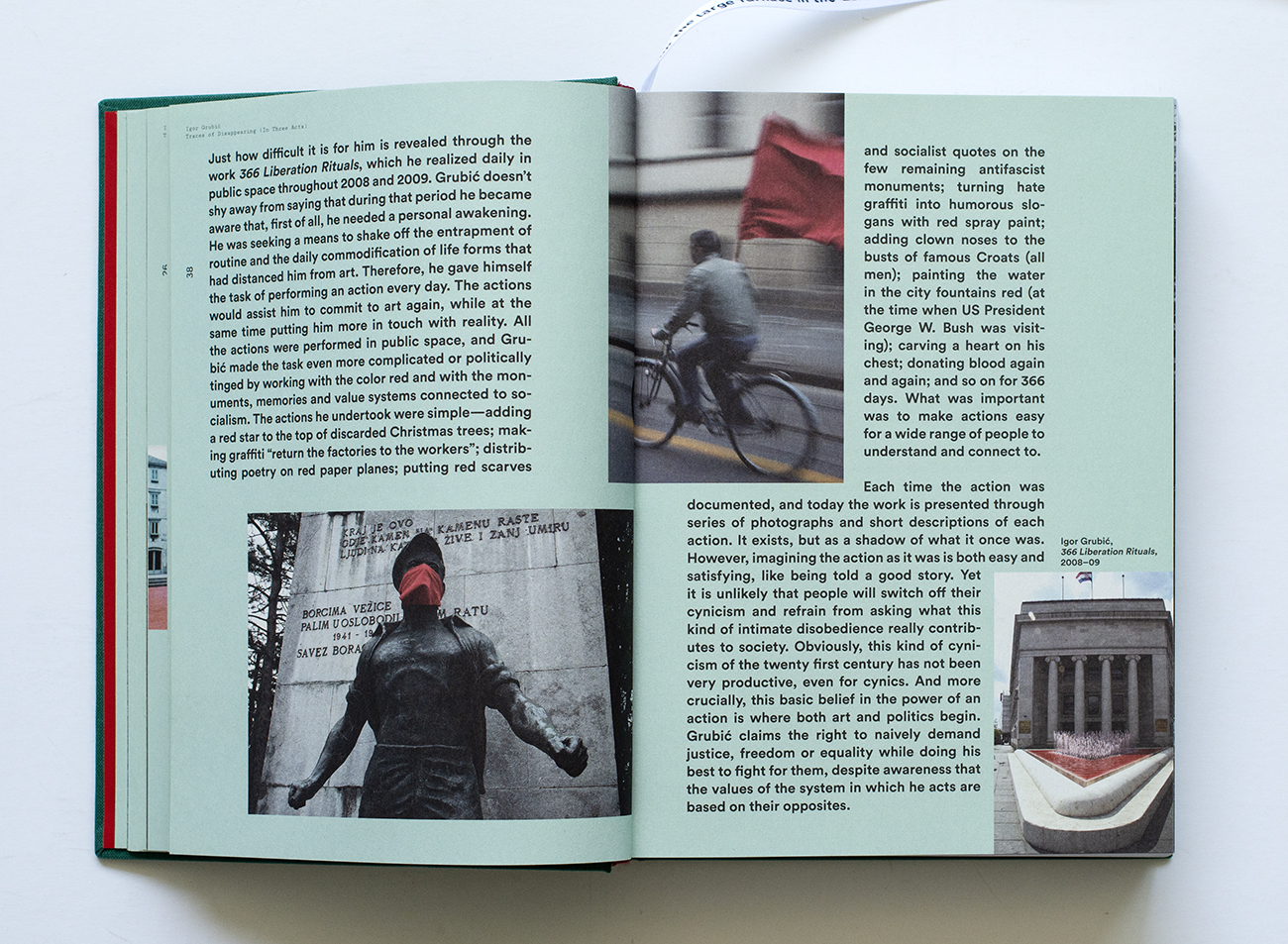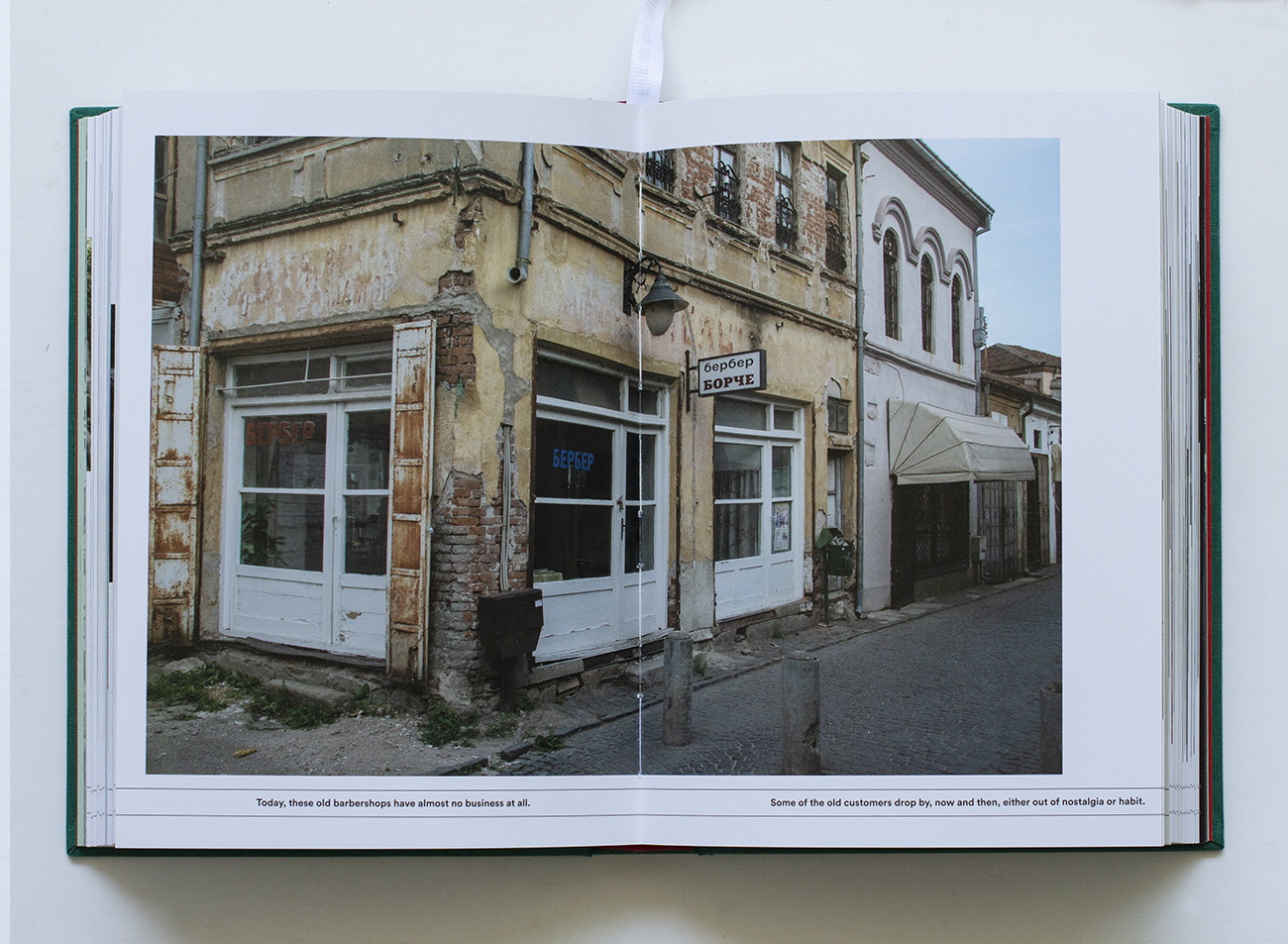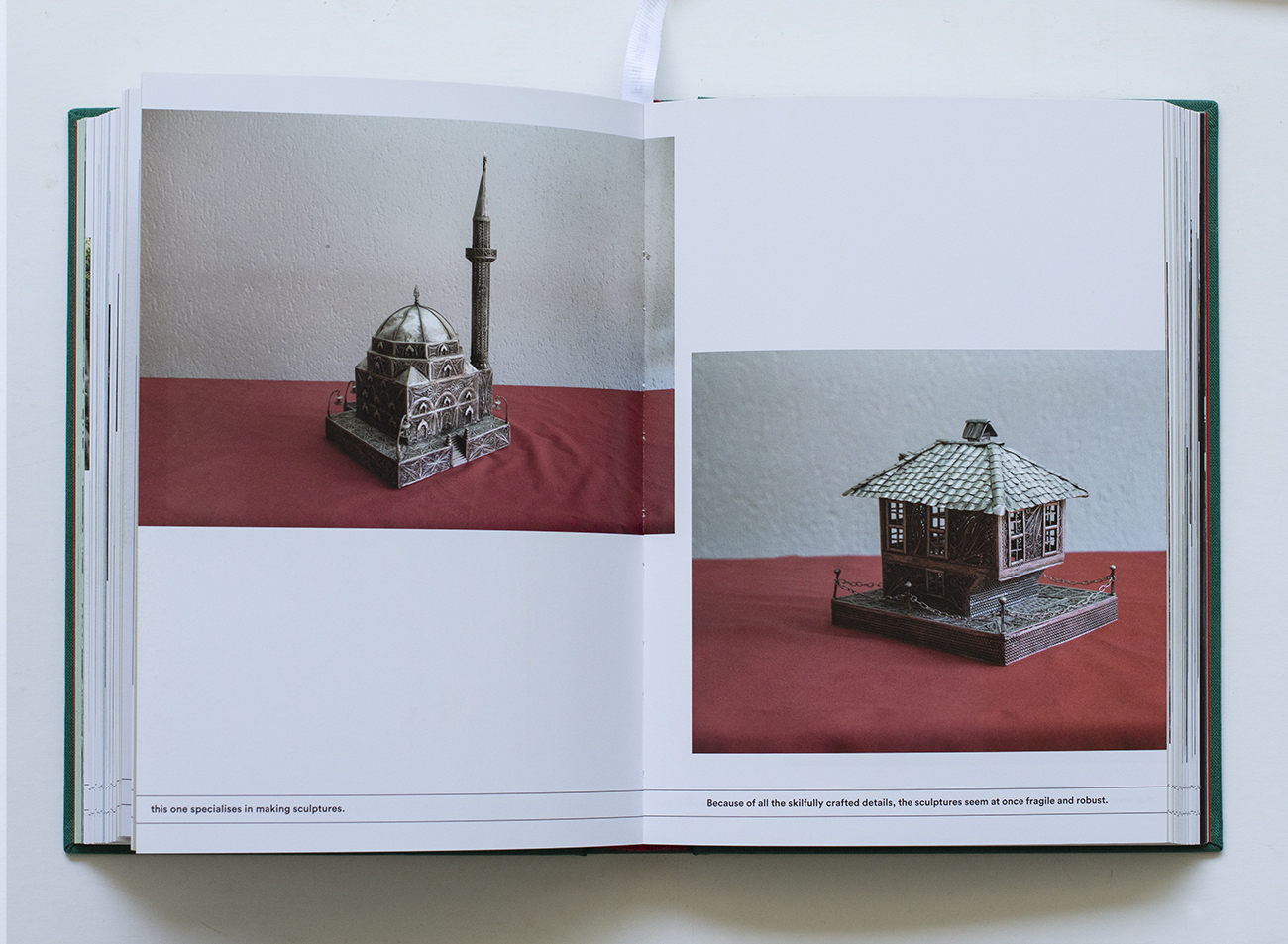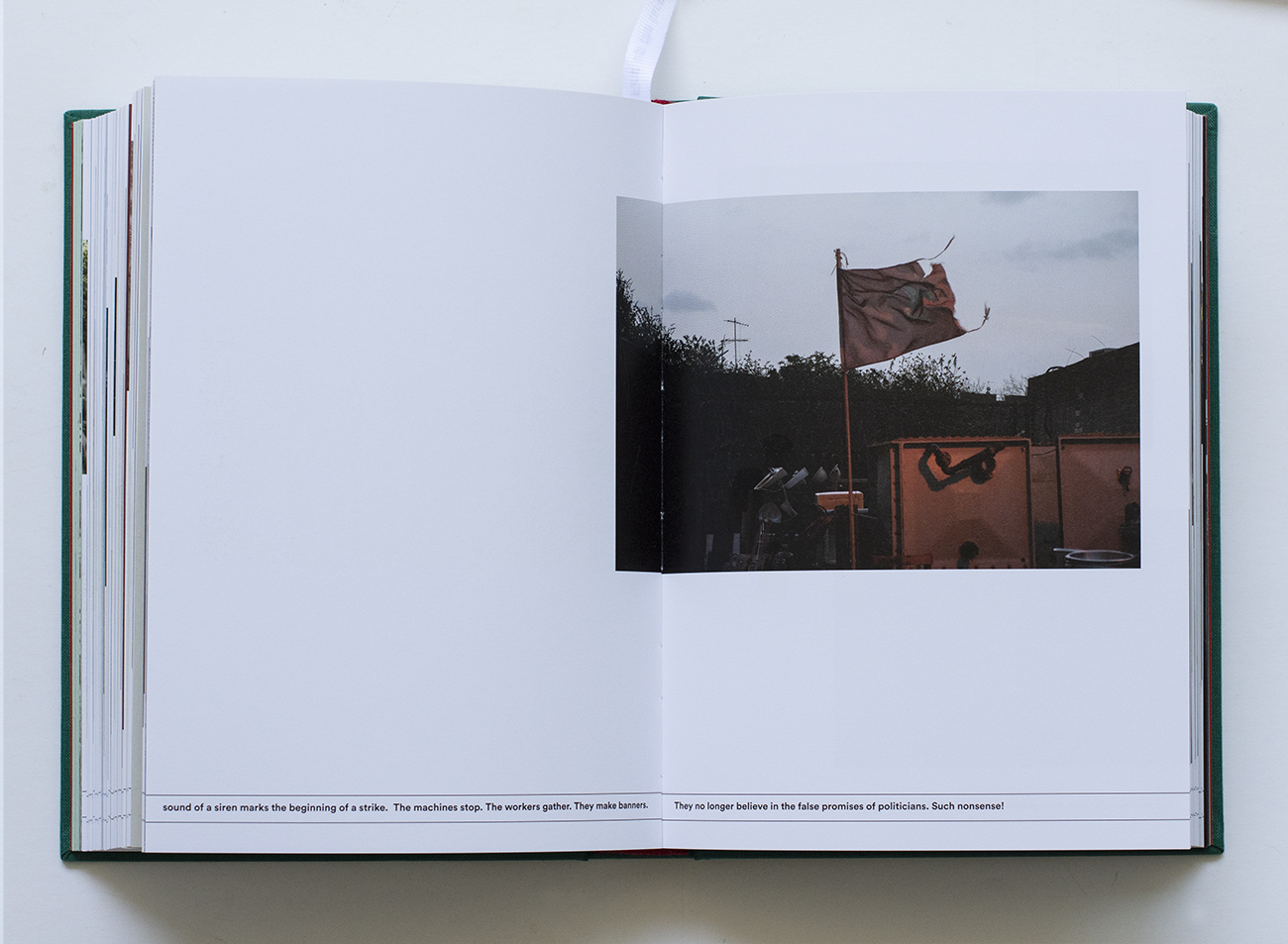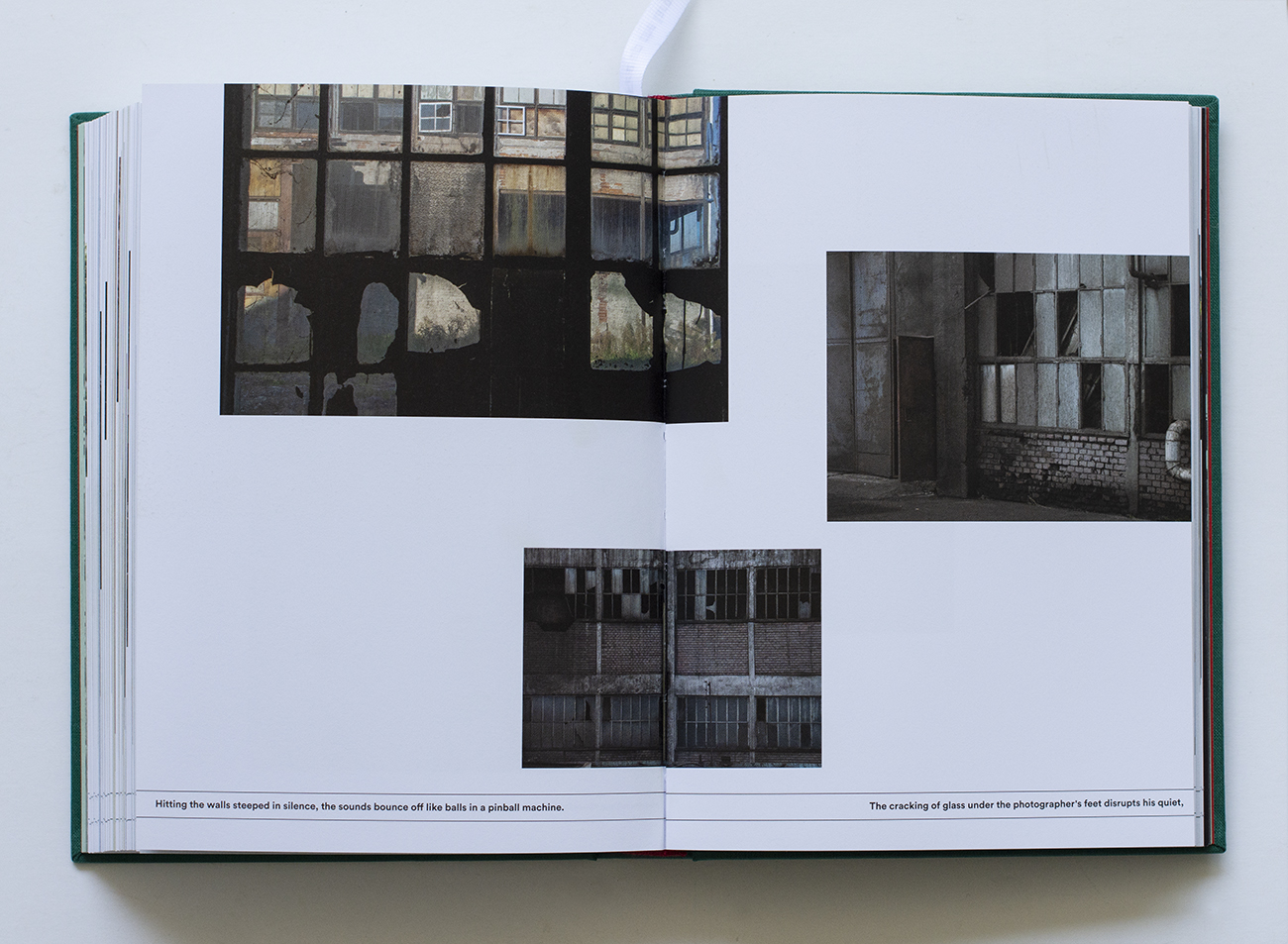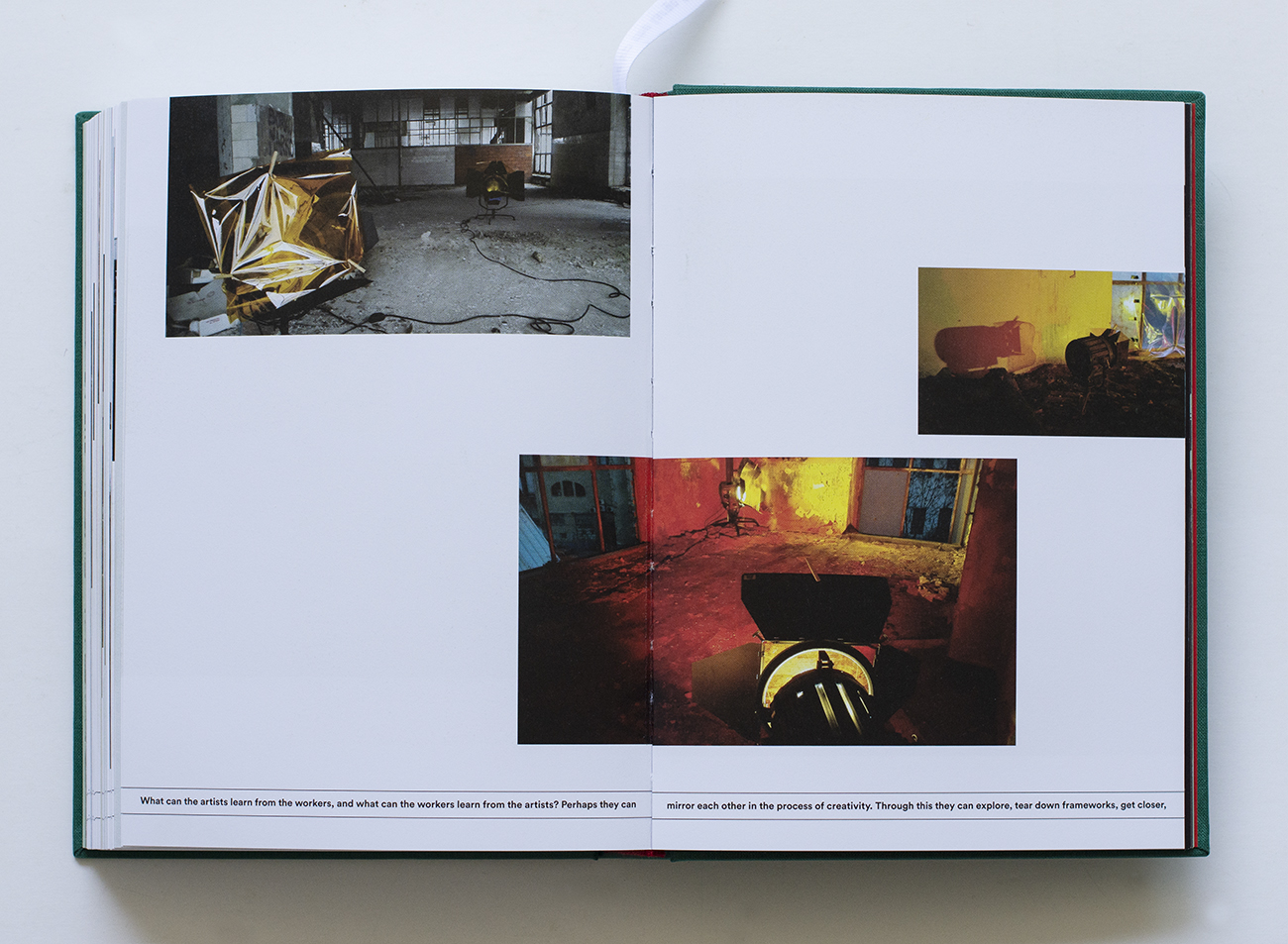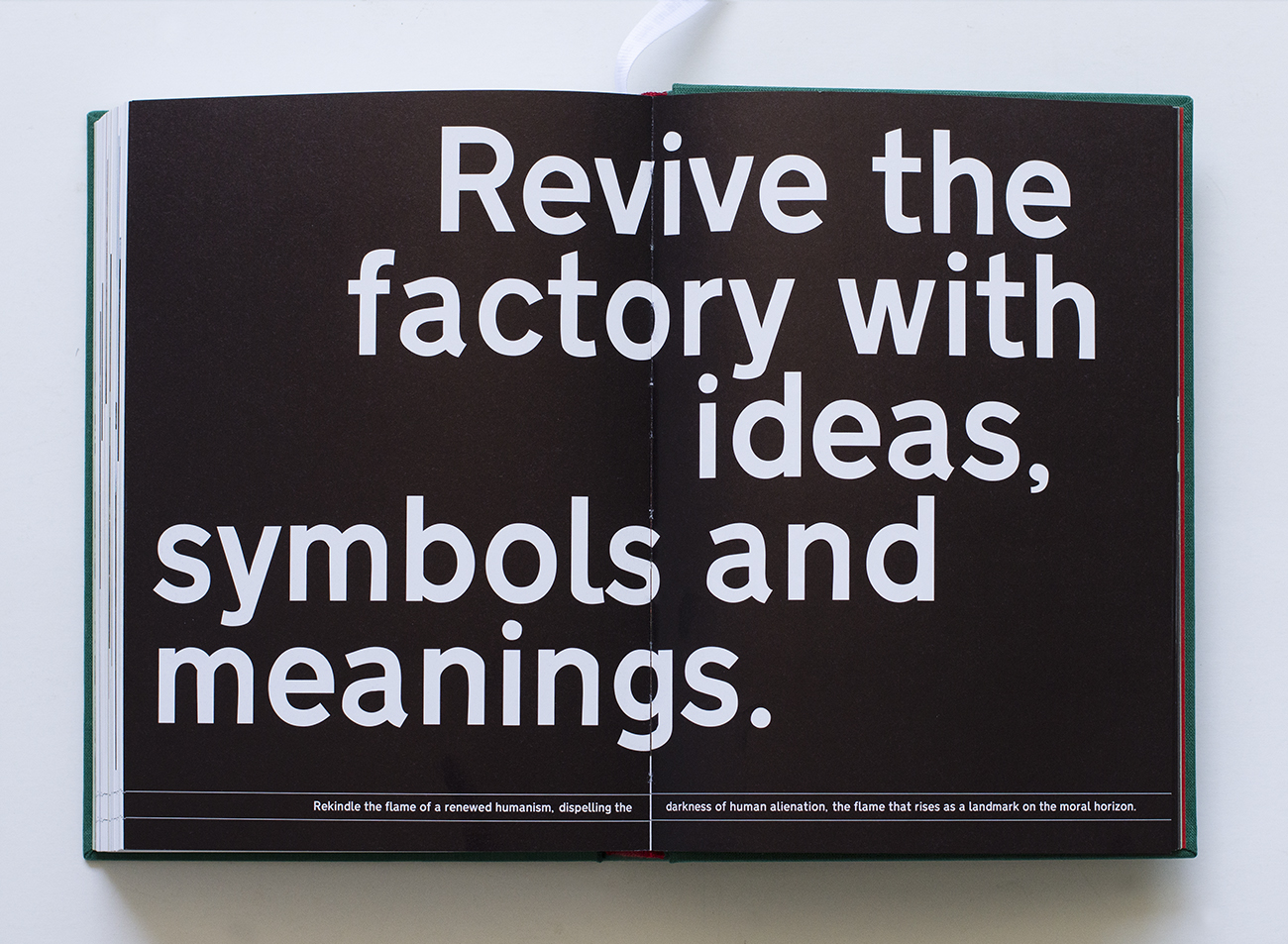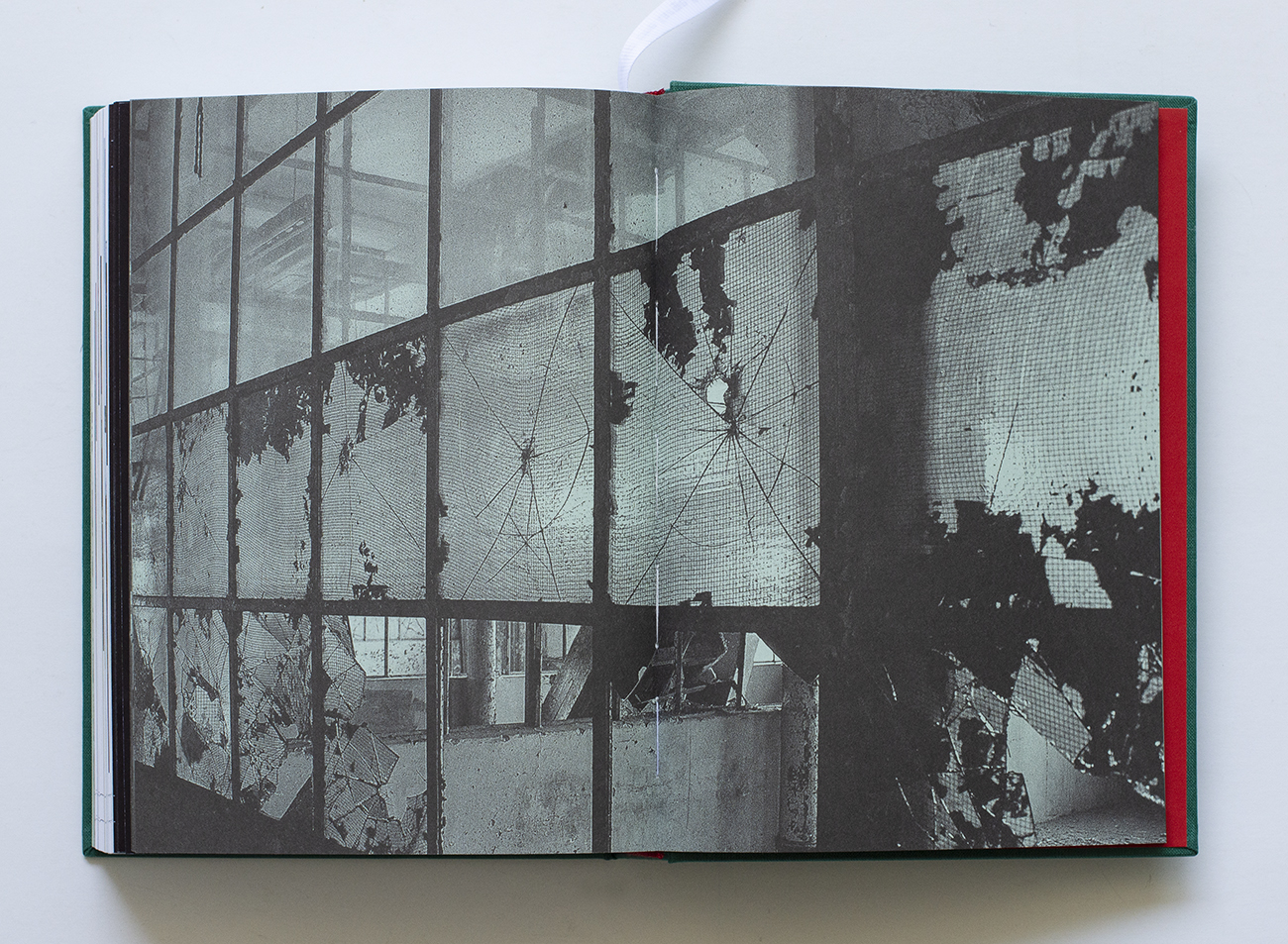Croatian Pavilion
58th International Art Exhibition - la Biennale di Venezia
Igor Grubic: Traces of Disappearing (In Three Acts)
Curator: Katerina Gregos
Igor Grubic’s project for the Biennale, Traces of Disappearing in Three Acts (2006-2019), is thirteen years in the making. It consists of three inter-related photo essays and an animated film, set in a specially designed mise-en-scène. The project began in 2006 when the artist began documenting post-war, transitional reality in Croatia, particularly the fundamental shift from socialism to capitalism, from a central, stated-planned to a free market economy. It explores how this has affected changes in habitation, the urban fabric, public space and social relations.
Wild House, the first chapter or ‘Act’, examines changes in homes, living and public space with the privatisation of property and the consolidation of neo-liberalism in the country; Filigree Sidewalk (Act II), looks into traditional vocations such as local handcrafts and specialist workshops, highlighting which professions survive and which not in the new economic circumstances. Finally, Deconstruction of the Factory (Act III) presents a series of defunct factories, monumental reminders of the transition from industry to post-industry, and changing conditions of work. The latter also become the setting for Grubi?’s short film, How Steel was Tempered, which weaves together issues of worker history, family bonds and generational shifts, suggesting also the importance of fruitful future relationships based on solidarity, shared social space and creative, collaborative working. The film has already received four awards. A newly edited version will be presented in Venice for the first time.
Grubic’s project sits firmly in the humanist dimension of documentary photography, bridging together poetics, politics and social reality. The project for the Biennale expands his already significant contribution into socially committed documentary work, and the preservation of the memory of Croatia’s architectural history, work and culture. Its scope is local but also ecumenical, analysing as it does the changes engendered by globalization, privatisation and the consolidation of neo-liberalism. Finally, it highlights the new situations that are coming to replace the old, while subtly inviting us to think about future ways of imagining – and inhabiting - our world.
Publisher: Sternberg Press Berlin
Editor: Katerina Gregos and Igor Grubic
Language: English
Pages: 432
ISBN: 978-3-95679-492-6
